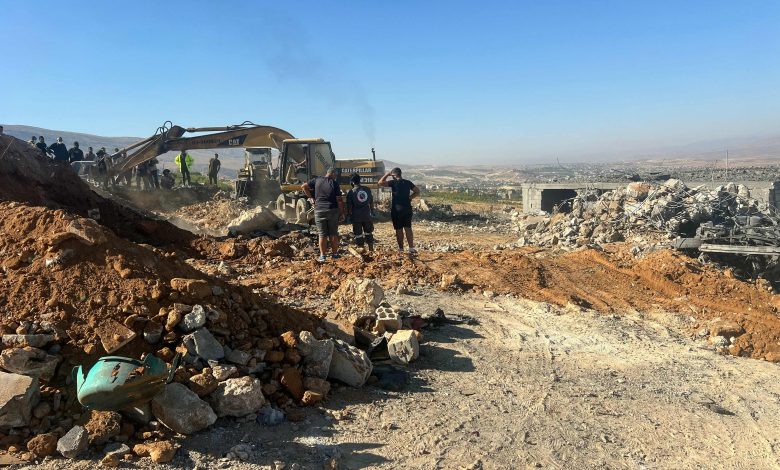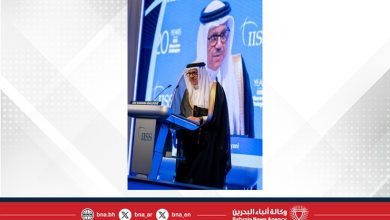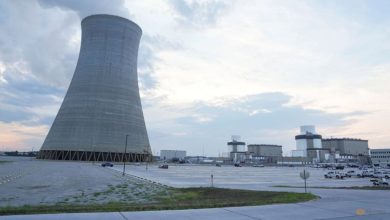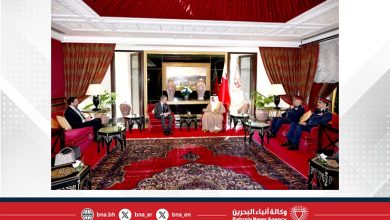Israel strikes Lebanon, pressuring Hezbollah after killing its leader

Israel struck more targets in Lebanon on Sunday (Sep 29), pressing Hezbollah with new attacks after killing the Iran-backed group’s leader, Sayyed Hassan Nasrallah, and a string of its other top commanders in an escalating military campaign.
The attacks have dealt a stunning succession of blows to Hezbollah after almost a year of cross-border fire, killing much of its leadership and revealing gaping security holes. Israel’s defence minister is now discussing widening the offensive.
Following the death of Nasrallah – killed in a massive air strike in Beirut on Friday – Hezbollah launched new fusillades of rockets into Israel, while Iran said his death would be avenged.
Israel’s intensifying bombardment has increased fears the conflict could spin out of control, potentially drawing in Iran as well as the US, Israel’s closest ally, which said on Sunday it has authorised its military to reinforce in the region while also urging a diplomatic resolution.
Nasrallah had not only made Hezbollah into a powerful domestic force in Lebanon during his 32 years as leader, but helped turn it into the linchpin of Iran’s network of allied groups in the Arab world.
Nasrallah’s body was recovered intact from the site of Friday’s strike, a medical source and a security source told Reuters on Sunday. Hezbollah has not yet said when his funeral will be held.
BT in your inbox

Start and end each day with the latest news stories and analyses delivered straight to your inbox.
The fighting between Hezbollah and Israel, their latest round of warfare in four decades of on-off conflict, has been waged in parallel with Israel’s war in Gaza against Hamas since the Iran-backed Palestinian group’s attack on Israel last Oct 7.
Israel’s stated goal is to make its northern areas safe from Hezbollah rocket fire and allow thousands of displaced residents to return, but its strikes have also had a devastating impact on civilians in Lebanon.
Lebanon’s health ministry said more than 1,000 Lebanese were killed and 6,000 wounded in the past two weeks, without saying how many were civilians. The government said a million people – a fifth of the population – had fled their homes.
The United Nations World Food Programme said it had launched an emergency operation to provide food for those affected by the conflict.
Military action
On Sunday, Israel’s military said the air force had struck dozens of targets, including launchers and weapons stores, while its navy said it had intercepted eight projectiles coming from the direction of Lebanon and one from the Red Sea.
More blasts rocked Beirut, and drones could be heard flying over all parts of the Lebanese capital overnight and throughout the day on Sunday.
Nasrallah’s death capped a traumatic fortnight for Hezbollah, starting with the detonation of thousands of communications devices used by its members. Israel was widely assumed to have carried out that action, but has not confirmed or denied it did.
The US, which has praised the killing of Nasrallah as a measure of justice for victims of Hezbollah attacks, on Sunday urged a peaceful resolution. White House national security spokesperson John Kirby said all-out war with Hezbollah or Iran would not help residents of northern Israel return to their homes. “We believe that a diplomatic path is the right course,” he said.
In Iran, which helped create Hezbollah in the early 1980s, senior figures mourned the death of a senior Revolutionary Guards member killed alongside Nasrallah, and Tehran called for a UN Security Council meeting on Israel’s actions.
Iranian Supreme Leader Ayatollah Ali Khamenei was moved to a secure location after Nasrallah’s killing, sources told Reuters. REUTERS





